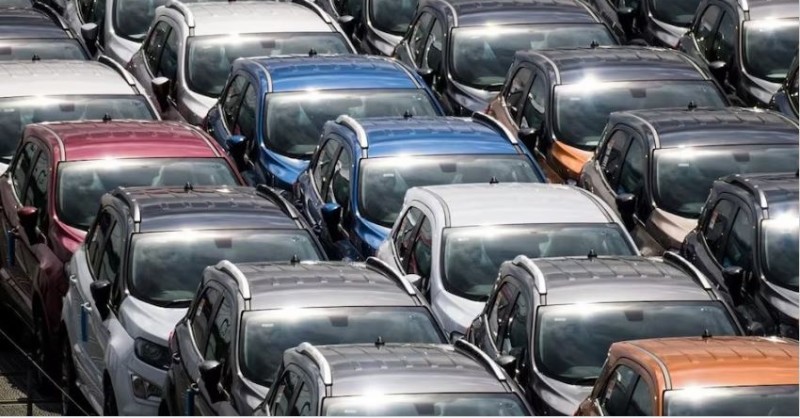
India is set to implement tougher carbon emissions norms for automakers, requiring a significant reduction in emissions over the next three years or facing substantial penalties. The Bureau of Energy Efficiency (BEE) has proposed the Corporate Average Fuel Efficiency (CAFE) 3 norms, which are scheduled to come into effect from April 2027, followed by CAFE 4 norms.
Under CAFE 3, automakers will need to achieve an average carbon dioxide emission of 91.7 grams per kilometer (gm CO2/km), while CAFE 4 aims for even stricter emissions of 70 gm CO2/km. To facilitate the transition, automakers will have a five-year period to comply with CAFE 4 norms.
The move comes in response to the increasing need for more fuel-efficient vehicles and a reduction in carbon emissions in the automotive sector. However, these stricter norms are expected to result in higher costs for cars, adding to the approximately 30% increase in prices seen since the transition to Bharat Stage VI emission norms in April 2020.
The BEE has invited feedback from industry stakeholders, with a deadline set for the first week of July. Once finalized, the guidelines will enforce penalties for non-compliance, thereby incentivizing automakers to produce more fuel-efficient vehicles.
This step underscores India's commitment to environmental conservation and reducing carbon footprints, aligning with global efforts to combat climate change through stricter emissions regulations.
EU Imposes Additional Tariffs on Chinese Electric Cars to Level Playing Field
New generation BMW 5 Series will be launched on July 24, know what will be special